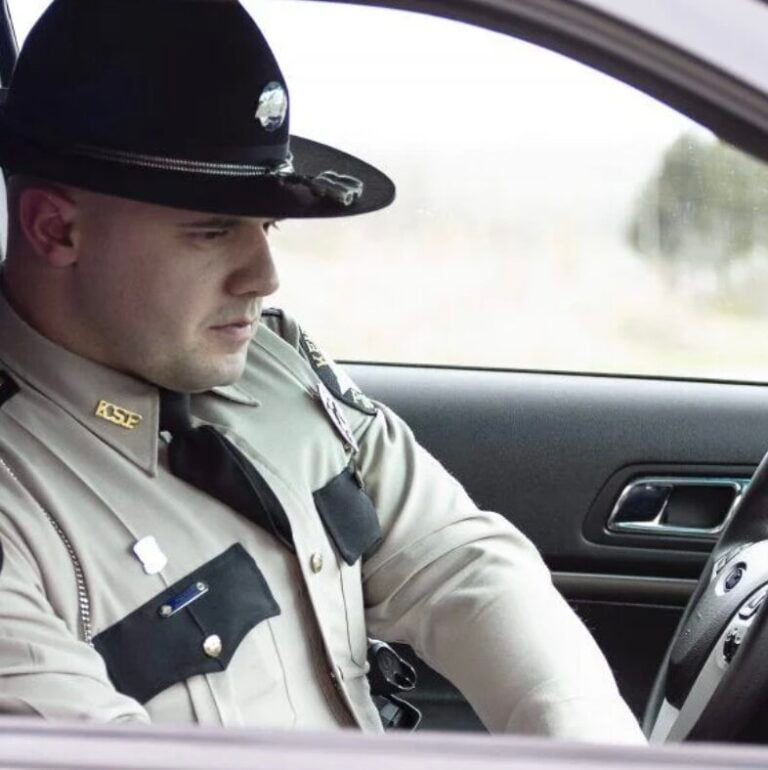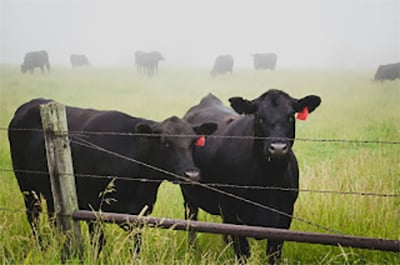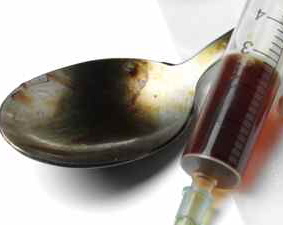Two bills with major implications for NKy were approved in the final hours of the 2015 Kentucky General Assembly: legislation addressing the state’s heroin epidemic and a bill designed to potentially save the state hundreds of millions of dollars in road funds.
Anti-heroin legislation
State lawmakers reached a compromise on anti-heroin legislation that supporters said balanced the need for tough penalties for traffickers with treatment options for addicts.
“The people of Kentucky fighting for public safety and people fighting … addiction have been crying for help,” said Sen. Whitney Westerfield, R-Hopkinsville. “This is the help they need.”
The legislation, known as Senate Bill 192, passed the state Senate by a 34-4 vote. Earlier in the day, the state House had passed SB 192 by a 100-0 vote. The governor has said he will sign legislation tomorrow. Because it contains an emergency clause, it will take effect immediately upon being signed.
Rep. John Tilley, D-Hopkinsville, called SB 192 a “comprehensive piece of legislation that will save lives.”
He said the bill allows heroin users to exchange dirty needles for clean ones at the state’s regional health departments – but only if a local jurisdiction approves. Tilley said SB 192 also contains the so-called “Good Samaritan provision.” It shields heroin addicts, if they provide their name and address, from being prosecuted if they report an overdose.
“It eliminates barriers to treatment, and it does so much more,” Tilley said.
SB 192 will immediately infuse Kentucky’s addiction treatment system with $10 million followed by $24 million annually from money saved from prior judicial reforms designed to reduce prison costs by providing lawbreakers with drug treatment, among other things.
It further provides for administration of Naloxone, a medication used to counter the effects of an overdose, by first responders. There is also money for Vivitrol, a drug to help narcotic dependents who have stopped taking narcotics to stay drug free.
The tougher penalties in SB 192 are reserved for the “worst traffickers,” Tilley said.
Sen. Whitney Westerfield, R-Hopkinsville, said the legislation creates a new crime, punishable by up to 10 years in prison, of importing heroin into Kentucky with the intent to distribute or sell it.
He said SB 192 targets “dealers of death,” or people who distribute heroin.
Paul Hornback, R-Shelbyville, voted against SB 192. He said provisions, such as needle exchanges, just enable addicts.
“We have always had drugs around,” Hornback said. “We are going to continue to have drugs around. We are not going to eliminate heroin.
“A lot of my constituents are tired of paying for people’s bad decisions. That is what this does.”
Minority Floor Leader Sen. Ray S. Jones II, D-Pikeville, defended SB 192.
“We look down our nose and want to criminalize everything,” he said. “Let me tell you something, if this needle exchange prevents one person from getting HIV or Hepatitis C, it is a well-done effort. If it saves one life it is something we should be proud of.”
Gas tax bill
House Bill 299, sponsored by House Appropriations and Revenue Chairman Rick Rand, would set a 26-cent “floor,” or minimum, for the state gas tax. The gas tax rate is currently 27.5 cents a gallon, but is expected to fall on April 1 without the new floor due to changes in the average wholesale price of gasoline.
HB 299 received final passage in the House by a vote of 67-29. It passed the Senate earlier on a 29-9 vote. The bill now goes to the governor to be signed into law.
“If we don’t provide the money to make sure we can get our roads fixed and taken care of, that’s when you are really going to hear from your constituents.” — Sen. Jared Carpenter, R-Berea
The 26-cent base rate will take effect immediately upon being signed into law by the governor.
The bill was called the “Road Fund stabilization plan” by Rand, D-Bedford. “As we all know, our fuel tax has been in free fall, and this will help us stabilize that by setting a new floor,” he said.
The legislation will allow for an annual—rather than the current quarterly—fuel tax adjustment and will allow the gas tax to rise or fall up to 10 percent per year.
Among those opposing the bill in the House was Rep. Adam Koenig, R-Erlanger, who described the bill as a temporary fix for funding Kentucky’s roads. He said that he will likely file legislation to require a look at new road funding mechanisms for the state.
“It’s my opinion that we need to fund our roads not based upon how much gas you buy but on how many miles you drive,” said Koenig.
Majority Floor Leader Sen. Damon Thayer, R-Georgetown, was one of nine senators who voted against the bill.
“I voted on this gas tax floor twice before and both times I was told you will never have to vote on this again,” Thayer said. “When the price goes up, yes, the tax will go up. But when the price goes down, the tax will go down too. That is how it was sold.”
Sen. Jared Carpenter, R-Berea, voted for the bill.
“We are coming through one of the worst winters in recent history,” he said. “If we don’t provide the money to make sure we can get our roads fixed and taken care of, that’s when you are really going to hear from your constituents,” he said.
From Legislative Research Commission


















